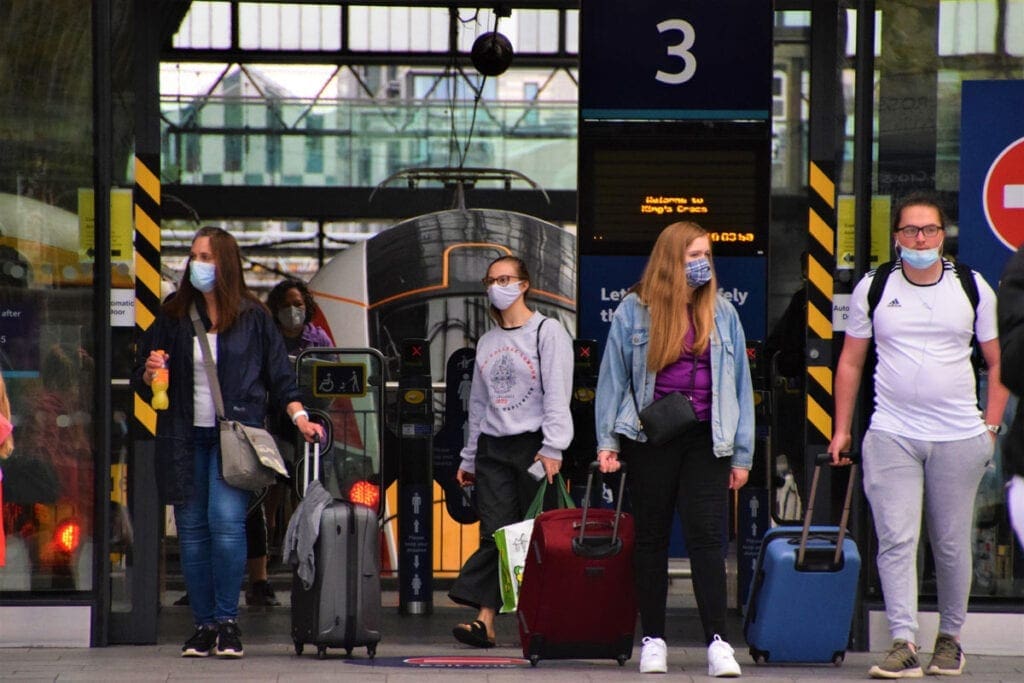
Train passengers have suffered one of the worst periods for cancellations on record due to coronavirus pandemic-related staff shortages, new figures show.
Around 4.4% of services across Britain were cancelled between December 12 and January 8, according to Network Rail.
Also see
- Freight train derailment blocks high-speed passenger services
- Rare Roman wooden figure uncovered by HS2 archaeologists in Buckinghamshire
- Rail travel at 55% of pre-pandemic levels, new figures show
Only two other four-week periods have had poorer reliability since April 2014, analysis of industry data by the PA news agency found.
One was in February 2018 (4.9% of trains cancelled) when the Beast from the East brought a severe cold snap, while the other was in December 2019 (4.7% of services cancelled) when Northern and TransPennine Express were plagued by issues.
It was estimated earlier this month that around 10% of rail staff were absent from work as the Omicron coronavirus variant spread across the UK, leading to swathes of short-notice cancellations.
Most operators responded by introducing emergency timetables with fewer trains to increase reliability.
Avanti West Coast, c2c, East Midlands Railway and South Western Railway became the latest firms to adopt the measure on Monday, cutting hundreds more daily services.
Customers are being advised to check for updates before setting out on their journey, or sign up for automatic alerts from National Rail Alert Me.
The chief executive of the passenger watchdog Transport Focus, Anthony Smith, said: “While the introduction of reduced timetables is a pragmatic response to help boost reliability, passengers have faced significant delays and disruption.
“Operators must continue to protect first and last services to meet the needs of those who have to travel.
“Passengers need punctual, reliable services and will want to see normal service resumed as soon as possible.
“As and when demand returns, the rail industry must be ready to ramp up services and deliver a timetable which passengers can rely on.”
Provisional Department for Transport figures show demand for rail travel was at 55% of pre-pandemic levels early last week.
A spokesman for the Rail Delivery Group, which represents operators, said: “During the Christmas period we focused on running as many trains as possible to get people to their loved ones, but this meant more short-notice cancellations as our staff, like those in other sectors, were being affected by the Omicron variant.
“The introduction of temporary timetables in recent weeks has ensured a more reliable service, with cancellations over the last seven days below average, ensuring our passengers have a service they can rely on.”


